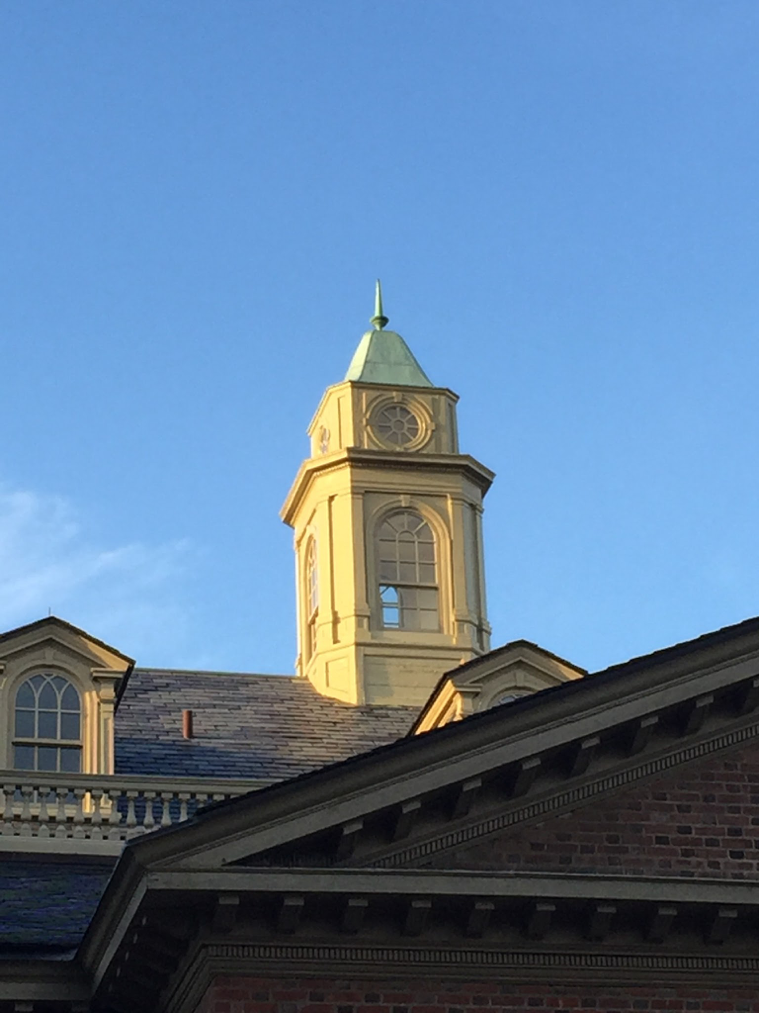June 2, as our country grappled with its most forceful and widespread civil rights demonstrations in at least half a century, the College of William and Mary’s administration penned a statement of support for the nationwide protests. Though somewhat ambiguous and stopping short of promising tangible actions, the letter’s unequivocal “commitment to confronting and combating racism” was an encouraging step. Not even four hours later, however, that commitment was rendered rather hollow, if not entirely disingenuous.
That afternoon, I received an email from the chair of the English department notifying me that a course for which I had registered, titled “Civil Rights and Literature,” had been cancelled due to budgetary constraints. Taken aback by the questionable timing and disturbing implications of this email, I wrote back to express my concerns with the decision. In my response, I specified that I understood the challenges posed by the ongoing pandemic but found it extremely troubling that a course on civil rights was deemed expendable at any time, much less when the course had perhaps never been more relevant. The sudden cancellation seemed a callous betrayal of the commitment voiced just hours earlier, eroding any trust and goodwill that may have been established. Feeling distressed and powerless, I did what any irritated Gen Z student would: I tweeted about it.
“The sudden cancellation seemed a callous betrayal of the commitment voiced just hours earlier, eroding any trust and goodwill that may have been established. Feeling distressed and powerless, I did what any irritated Gen Z student would: I tweeted about it.”
To my genuine surprise, the tweet immediately caught the attention of current and former students from the College, many of whom expressed their own frustrations with the decision and offered to join me in requesting the course’s reinstatement. The outpouring of support from within the community was incredibly heartening, channeling my initially passive statement of displeasure into a far-reaching call to action. Within 48 hours, close to a dozen students, alumni and even faculty had expressed their concerns to the College. Faced with mounting pressure, the administration promised to make things right and reaffirmed their commitment to challenging racism in all forms.
June 12, my classmates and I received word that English 417 would be reinstated thanks to our collective efforts. While I must give credit to the College for righting their wrong, I believe that the community members who joined together in solidarity are most deserving of my thanks and appreciation. Without the many individual voices taking initiative and declaring that this will not be tolerated, change could not have been achieved.
Racism is not exclusively characterized by explicit, clearly-defined discrimination. We cannot settle for simply punishing those who are overt in their racism while allowing more passive, seemingly benign acts of prejudice to transpire unchallenged. As a community, it is imperative that we remain vigilant and uncompromising in our pursuit of justice and equality. The reinstatement of Civil Rights and Literature, though a small victory, is proof that tangible change can be achieved through collective action. This is just the first step of many.
Email Trevor Schneider at tjschneider@email.wm.edu.

